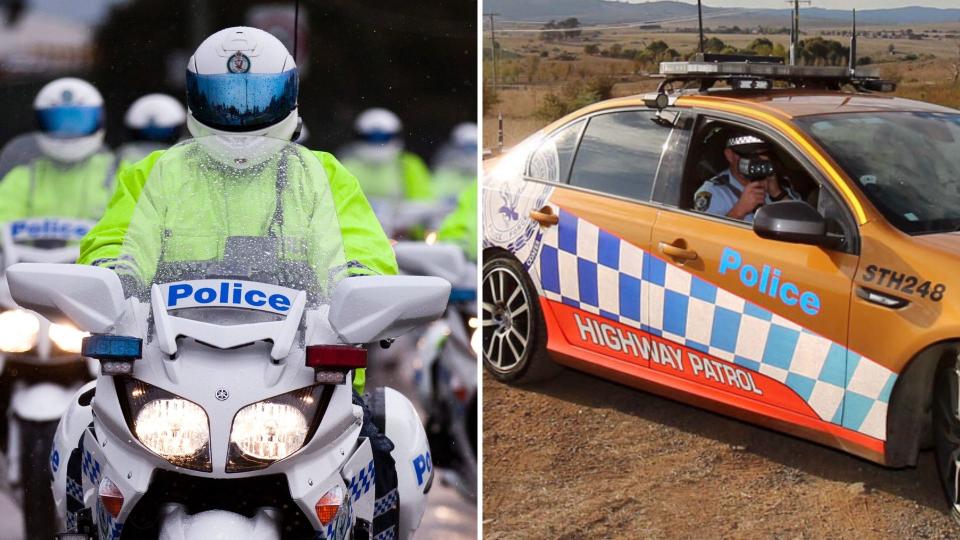A $572 fine awaits car passengers that do this

A large $572 fine can be dished out to Australians that aren't even driving if they commit a particular offence while a learner is behind the wheel.
Yahoo Finance has seen NSW Police documents that show a licence holder sitting in the passenger seat with a blood alcohol content 0.05 or more will be fined $572 if a learner is driving the vehicle.
Other states have similar rules for the same offence.
So next time you've consumed alcohol and hand over to your car key to a learner, it's not necessarily the morally right – or legal – option to take.
NSW Roads & Maritime Services also states on its website that it's illegal for learner supervisors to be under the influence of drugs.
"You are both a role model and mentor for your learner driver. You should support and help them become a safe and skilled driver."
Other requirements for anyone sitting as a supervisor for a learner driver in NSW are:
Must hold a current full Australian driver's licence
Have good knowledge of road rules
Be a "competent" driver themselves
Be able to communicate clearly
The RMS recommends not turning on the radio, using the phone or talking to other passengers while a learner driver is practising.
"Don't criticise mistakes. Calmly explain and discuss what happened and allow the learner to try again," the RMS states.
"Emphasise the importance of developing a sensitivity to speed. Learners need to understand that the faster a vehicle travels, the more difficult it is to respond to potential hazards. When involved in a crash, the faster a vehicle is travelling, the more devastating the outcome."
Make your money work with Yahoo Finance’s daily newsletter. Sign up here and stay on top of the latest money, news and tech news.

 Yahoo Finance
Yahoo Finance 